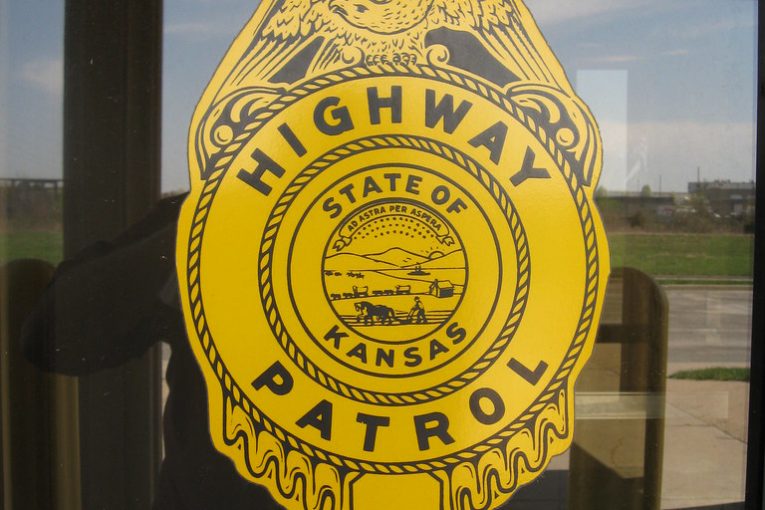

Copyright: Copyright 2009 William A. Kast, All Rights Reserved
Via Flickr

This work is licensed under a Creative Commons Attribution 4.0 International License.
By Rena Abdusalam
TOPEKA, KS – The American Civil Liberties Union of Kansas is urging a federal judge to grant an injunction against the Kansas Highway Patrol to prevent future violations of drivers’ constitutional rights, require troopers to receive training and keep comprehensive records about traffic stops.
When making a ruling that Kansas’s top law enforcement agency had “waged war on motorists” and violated 4th Amendment rights by using the “Kansas two-step,” Federal Judge Kathyrn Vratil proposed the injunction a month ago.
According to the ACLU, through the “Kansas two-step,” troopers would finish the initial traffic stop and take a couple of steps away from the driver’s car after issuing a ticket or warning, then turn back to “voluntarily” interact with the driver more. This continued their vehicle search and secured time for backup drug-sniffing dogs to arrive.
Representing drivers whose vehicles were probed due to the “two-step,” the ACLU has argued the injunction is necessary for eliminating future violations of drivers’ rights.
The Kansas Attorney General’s office, representing the Kansas Highway Patrol, asserted in a filing Judge Vratil’s suggested injunction was “unnecessary and created too much of an administrative burden on the agency.”
Under the proposed ruling, troopers would be required to record all stops, detentions, and searches, detailing the duration of the stop and how it ended. The troopers would also need approval from a supervisor for consensual searches and to inform drivers that they can rescind consent at any time.
In addition, the patrol would have to give officers one constant supervisor, who worked the same time as that officer, give at least a day’s worth of training on stops, and employ a special master to inspect their obedience with all the conditions under the injunction.
Although the patrol claimed the proposal is needless because current legal reforms are sufficient, the ACLU stated in a brief Judge Vratil “had already found that the injunction was appropriate and (is) the best way to avoid more violations of drivers’ rights.
“Paying damages to drivers whose rights were violated would not guarantee the agency would stop the practice in the future,” wrote the ACLU. “Otherwise, the KHP would be able to openly flout the Fourth Amendment’s requirements so long as it could afford to remunerate the rare plaintiff who files a successful damages claim,”
The ACLU additionally stated the proposed conditions of the injunction particularly answered identified problems in court.
However, the Kansas Highway Patrol argued that due to the agency’s current staffing and budget, the requirements surrounding the employment of troopers and supervisors is not possible.
The patrol also declared that enforcing troopers to inform their supervisors before a search would “impede upon their work as law enforcement officers” and requiring them to inform drivers they can rescind their consent is “overkill.”
Getting permission from supervisors, the ACLU explained, would aid in preventing the violations of constitutional rights that emerged from the “two-step” and making supervisors attend work the same days as troopers would “align with best practices.”
The ACLU added letting drivers know they can revoke consent is imperative because “under these circumstances many motorists would not know that they could decline to answer additional questions from the officer or decline a search of their vehicle.”
A hearing is scheduled next month regarding the conditions of the injunction.